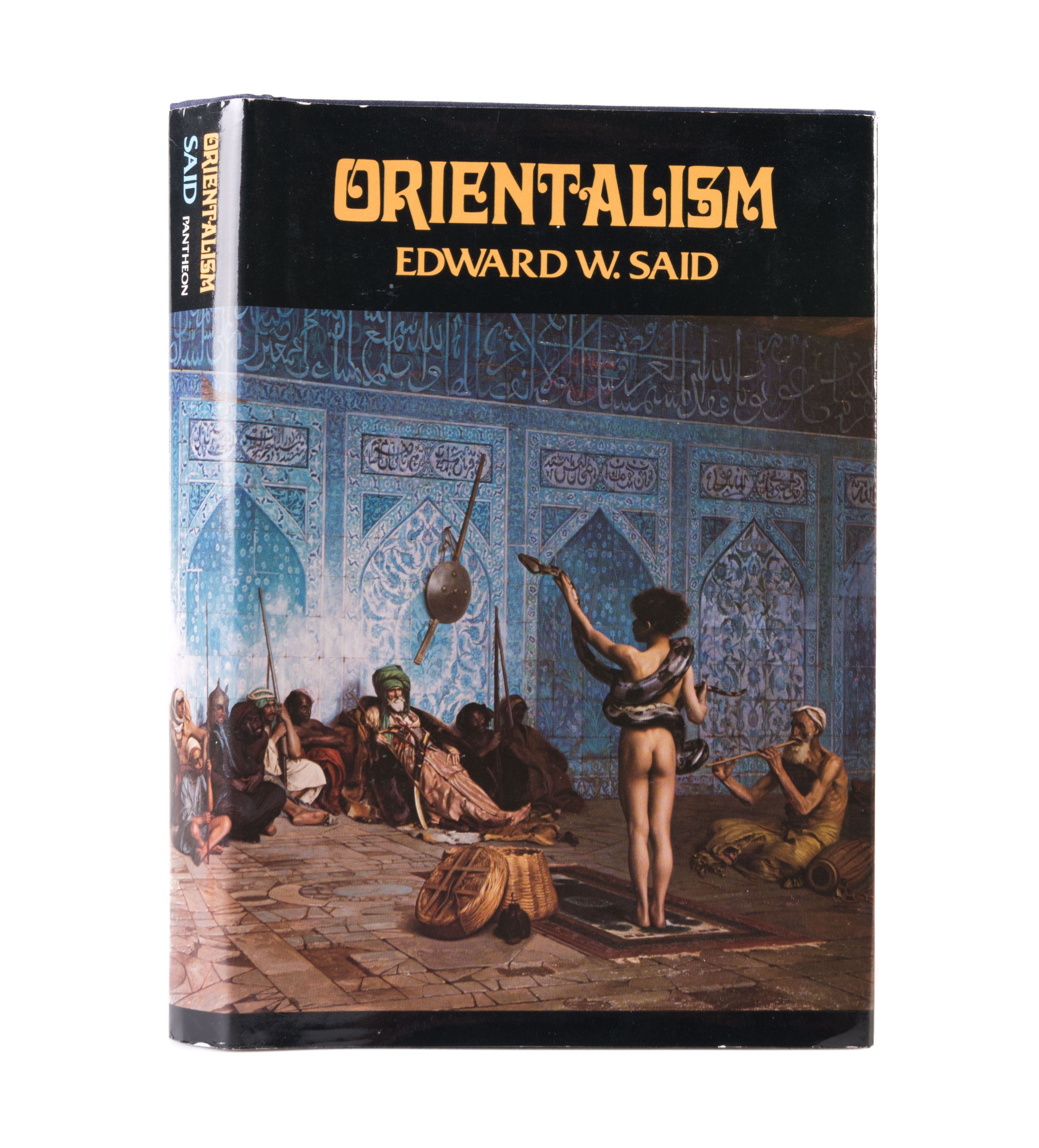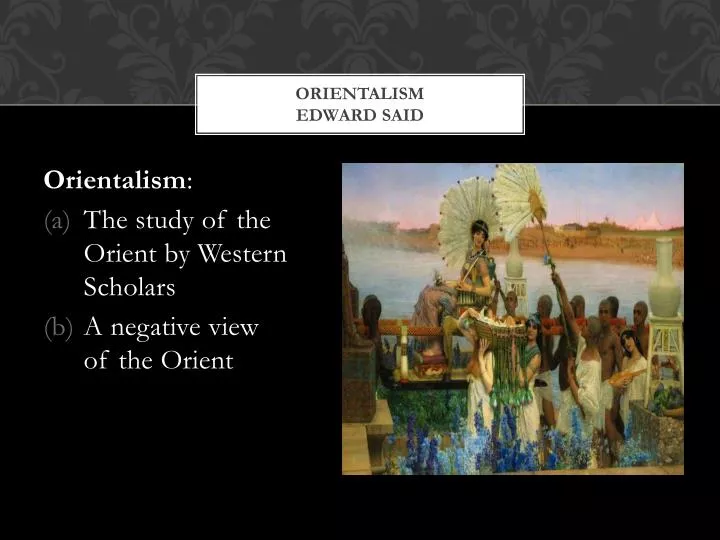


He undertook these latter tasks following the work of 1970s French philosophers, whose texts nobody knew how to assimilate and incorporate into their work like the American comparatists. Said combined his academic work in the field of culture, the arts and humanistic criticism with a publicly active role as an opera critic, media specialist, publicist and political advisor. His writings on the Middle East and its relation with the West had a major influence on scientific disciplines such as English language, history, cultural studies, anthropology and political science. Mainly known for his book Orientalism (1978), he was one of the most renowned literary and cultural critics in the United States. On the tenth anniversary of Edward Said’s death, with many countries still immersed in their Arab springs, it is necessary to overcome this dichotomy and redefine the world space to adapt to new events.Įdward Said, professor of English and Comparative Literature at Columbia University, New York, from 1977, died in 2004. This paradox leads to the ambivalence of the West-East binomial and is the result of the post-colonialist separation of both categories. Over the years, the unquestionable legacy of this work has been enriched with numerous crucial revisions that mainly highlight the paradox on which it was built. Thus, it becomes a homogenous and unmovable entity. In this book, the author, who lived and grew up in two British colonies, Palestine and Egypt, and followed university studies in the United States (where he lived most of his life), reported on the commonplaces the West uses to define and condition its vision of the East. The publication in 1978 of Edward Said’s Orientalism meant a renewal in the field of literary and cultural studies.

Human Development & Regional Integration.Prevention of Polarisation and Violent Extremism.



 0 kommentar(er)
0 kommentar(er)
